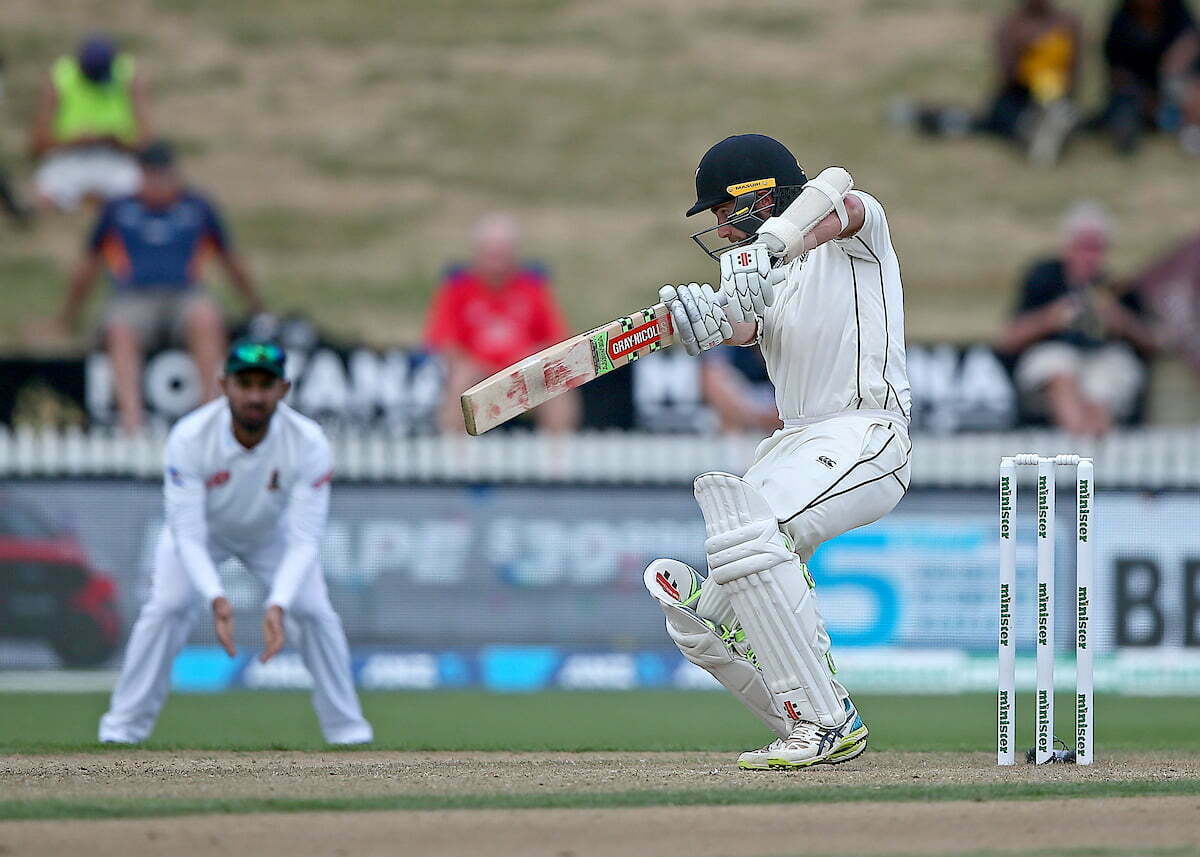Japanese Olympic chief to stop over corruption allegations
The Japanese Olympic Committee (JOC) president has said he’ll renounce amid allegations of corruption over Tokyo’s successful bid to host the 2020 Games.
Tsunekazu Takeda, seventy-one, who can even step down from the International Olympic Committee, has denied allegations of corruption because the Guardian found out in May 2016 that the Tokyo Olympic bid crew had made bills to a consultancy linked to the son of a disgraced IOC reputable in the course of the city’s a hit bid.

Takeda became head of the Tokyo bidding committee when presented the Games in 2013, defeating rival bids from Madrid and Istanbul.
The president stated he might surrender from each post while his present-day time period as JOC president leads to June. “I would love to leave the destiny of the JOC to a younger technology to steer up to Tokyo 2020,” he stated at some point of an executive board assembly on Tuesday.
Takeda, who is currently under investigation via French authorities for alleged bribery, has time and again denied the allegations.
French prosecutors wondered Takeda in Paris and placed him beneath formal research in December.
While Takeda, who heads the IOC’s marketing commission, has insisted the bills have been valid compensation for consultancy offerings, the investigation has solid a shadow over arrangements for the Tokyo Olympics, which begin in much less than 500 days.
Kyodo news organization quoted sources as pronouncing the IOC turned into concerned the scandal could preserve to tarnish the photograph of the 2020 Games and urged Japanese Olympic officials to solve the matter fast.
The French investigation centers on two payments, totaling at least $2m (£1.5m) that Tokyo’s bid committee made in July and October 2013 to Black Tidings, an account in Singapore linked to Papa Massata Diack – the son of the disgraced former global athletics chief Lamine Diack – and administered through Ian Tan Tong Han.
Some of the Tokyo bid group’s bills were suspected of having been directed toward the elder Diack, who, as a capable member of the IOC on time, had a vote to find out the host metropolis for the 2020 Games.
Tan and Papa Massata Diack have reportedly been near pals because they met at the Beijing Olympics in 2008, with Tan even naming his infant Massata in 2014. The younger Diack claimed in May 2016 that he had no longer received the money to go back for helping Tokyo win the Olympic bid.
In September 2016, an impartial panel commissioned by way of the JOC cleared Takeda and other officers who led Tokyo’s bid of any unlawful hobby.
But the panel’s research turned into criticized as improper, considering officials were not able to impeach Tan or both of the Ducks or to have a look at legitimate committee files due to the fact they were destroyed after the town become chosen.
The allegations of vote-shopping are the most critical of several embarrassments Tokyo has suffered in the run-up to the Games, nearly six decades after the town hosted the 1964 Olympics – an occasion visible as marking Japan’s arrival as a member global community after the second one world war.
In 2015, Japanese officers abandoned the British-Iraqi architect Zaha Hadid’s design for the brand new primary stadium after fees soared to $2bn, almost twice the initial estimate.
The stadium, which changed into likened to a bicycle helmet, was also because of the host, the very last of the 2019 Rugby World Cup, but it will no longer be ready until after the match has ended. The in shape can be played in nearby Yokohama instead.
Hadid, who died in 2016, blamed the cancellation on opposition amongst Japanese architects to having a countrywide stadium designed with the aid of a foreigner.
Organizers have been later pressured to scrap the Games’ professional brand amid accusations of plagiarism towards Kenjiro Sano’s designer.
The Olympics had been purported to highlight Japan’s healing from the March 2011 triple disaster alongside its northeast coast, including the meltdown on the Fukushima Daiichi nuclear strength plant.
When he made Tokyo’s final pitch in Buenos Aires in 2013, Japan’s high minister, Shinzo Abe, assured IOC officers that Tokyo could no longer be suffering from the lengthy and complex task of decommissioning the plant.
Fukushima’s Azuma stadium will host several softball and baseball games in 2020. The domestic leg of the Olympic torch relay will begin at J-Village, a football education complicated close to the plant that for numerous years turned into used as a base for workers responding to the nuclear disaster.
The current anniversary of the catastrophe highlighted the scale of the Fukushima cleanup and lingering fears over radiation ranges among residents who are being recommended to go back to towns and villages near the plant.





















